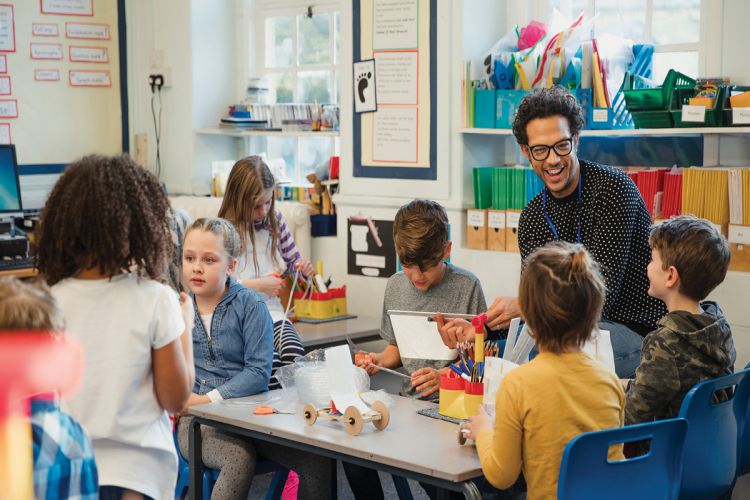 If you are considering home-schooling your children, are a teacher for the public school system, or care about the well-being of your children’s future, it is crucial to make science interesting and engaging.
If you are considering home-schooling your children, are a teacher for the public school system, or care about the well-being of your children’s future, it is crucial to make science interesting and engaging.
Discover how easy it can be to get children excited about science with these helpful tips:
#1: Get Kids to Think About Science in Real Terms
It can be easy for students to fall into the trap of thinking science is all about facts and formulas. When you are teaching your children, try getting them to focus on the real-world applications of their concepts. For example, instead of simply explaining what force is to your child, try asking them what happens when someone pushes them on the playground. Do they have the same effect on them? Why, or why not? For more examples of how to engage students, click here for information on STEM lesson plans.
Through the application of concepts in the real world, children can gain a better understanding of how and why things work in nature.
#2: Build Up Confidence Through Easy Experiments
Kids enjoy seeing themselves either succeed or fail in their experiments. Explain what you are going to do, have them help you if necessary, and be sure to involve them. Once your child has mastered a certain skill, ask them to repeat it for the rest of the class by making up their experiment or explaining an existing one.
Another great way to encourage your child’s confidence is to get them engaged in experiments in which they can see an immediate result.
#3: Show Your Child How School and Science Are Intertwined
School is not just about learning the basics of reading and writing; you can use science to help your child learn these skills, too. Teach them how to apply their scientific knowledge and skills to their everyday life. For example, show them how they can use math to figure out the velocity of a falling object.
#4: Use Technology
Kids love technology. Make sure you are making ample use of it in your science curriculum.
Video and audio clips of scientists on topics such as the discovery of antibiotics or the human skeleton can provide children with real-world examples that they can relate to. Be sure to incorporate more than just videos, though. Try learning about science through animated characters, mini-movies, and interactive websites instead. For example, use a website like Wow Science to show your child how a coral reef works.
#5: Go online
Students can get a plethora of information online, sometimes faster than they can get it in school. Show your child how they can use these resources to find answers to questions too.
The internet is an invaluable tool in the field of science education. There is no need for you to spend years planning and experimenting to get your children excited about science. All you need to do is give them the information they need to be able to do the learning on their own.

